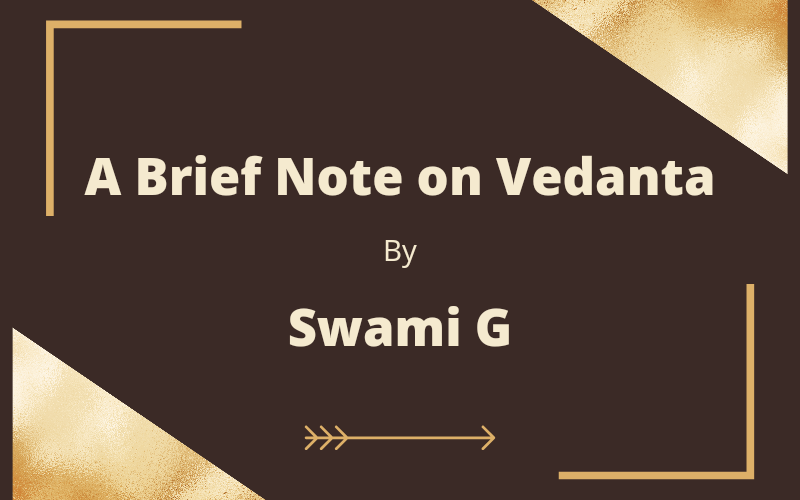
Most Indians (and many others in different parts of the world) “know” that there is something that the rishi-s knew about what is presented in the Veda, though a significantly large portion of these have been “educated” to ignore or even speak against the scriptures, without having made an effort to study what the Veda says.
Veda is said to be apaurusheya, meaning not written or composed by any mortal. The rishi-s (called mantra drishta-s, seers) had developed their senses to a degree that they were able to “see” the truth embedded in the Veda.
There are broadly two parts to the Veda – Karmakaanda and Jnanakaanda. Karmakaanda, the significantly larger portion of the Veda covers the ways and means to achieve any goal in the jagat, the universe, including reaching svarga loka etc. after death. Somewhat a supermall, where one can get anything, even things one does not really want!
However, it also points out that such gains suffer from limitations. Firstly, such gains are ephemeral in nature. Even the highest such goals, gaining various loka-s after death, are subject to this limitation. Secondly, any such gain of laukika sukha, worldly enjoyment, is always accompanied by the counterpoint in the form of sorrow, grief etc., duhkha, before gaining the sukha in terms of the effort and the many failures, during the period when the goal is achieved and sukha is being enjoyed in protecting that sukha and in the knowledge that the sukha will end shortly, and also after the enjoyment is over, sukha is lost. Thirdly, gaining any of these goals will always leave one longing for more. One can never feel, “I have achieved everything. There is nothing more to want.” This is called atrupti. One will continue to remain a wanting person.
The desire to achieve the one end without any of these limitations, happiness that is limitless, not bound by time, space or object, is called moksha, absolute freedom. Is such a thing possible at all? Yes, most certainly, says Vedanta, the relatively small end portion of the Veda.
To the unprepared mind such limitlessness seems impossible, far-fetched. It appears to contradict our experiences. Imagine, however, that such a state of unalloyed, unlimited state of happiness, ananda, was possible (as Vedanta emphatically declares), without any of the drawbacks of the relative happiness everyone experiences now and then, why would anyone not want to explore this?
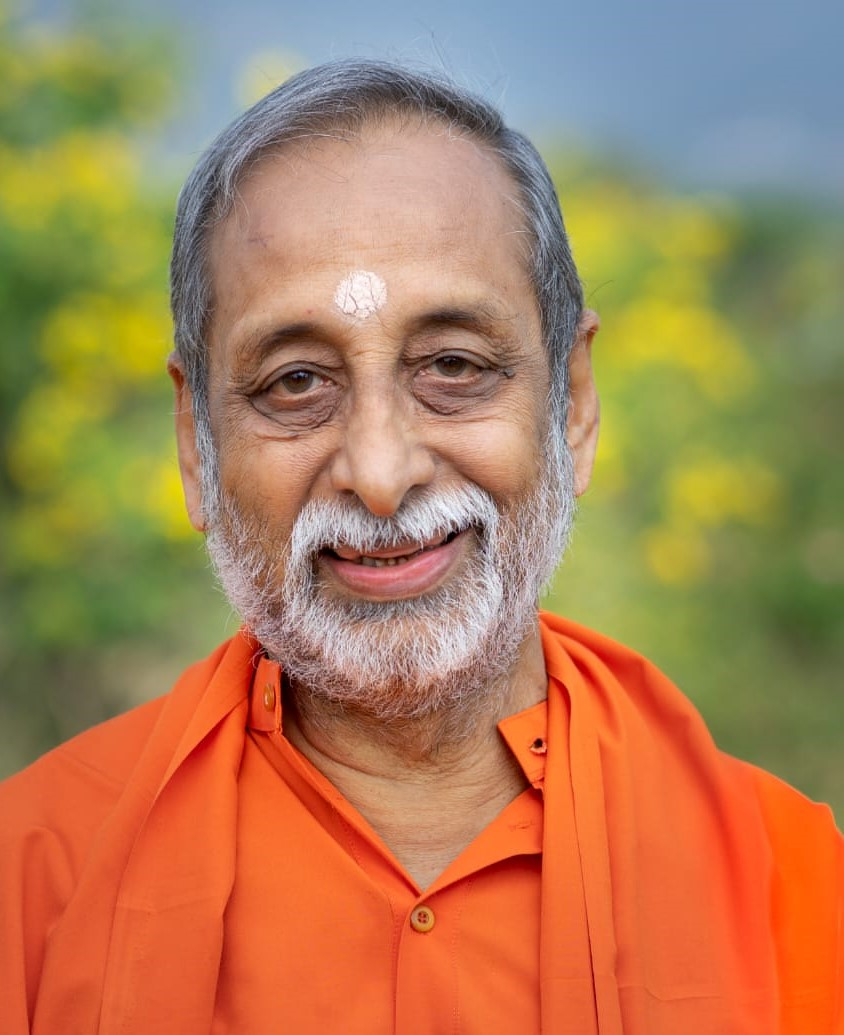 Swami Ganeshaswarupananda did his four-year Vedanta Course under Pujya Swami Dayananda Saraswati. He currently resides at Arshavidyalaya which is located at the foothills of Marudhamalai. He teaches Vedanta and other texts to interested people through online classes.
Swami Ganeshaswarupananda did his four-year Vedanta Course under Pujya Swami Dayananda Saraswati. He currently resides at Arshavidyalaya which is located at the foothills of Marudhamalai. He teaches Vedanta and other texts to interested people through online classes.
His Purvashrama days:
Swami G had done his graduation in engineering from IIT, Delhi and was a silver medalist. He had also done his MBA distinction from Harvard affiliated institute. He had successfully run his own consultancy firms and had been a board member for many companies. He had published more than 27 international papers and had also authored a book titled 'Horns of Dilema'.
Swami Ganeshaswarupananda - +91 94868 13192
NEXT ARTICLE
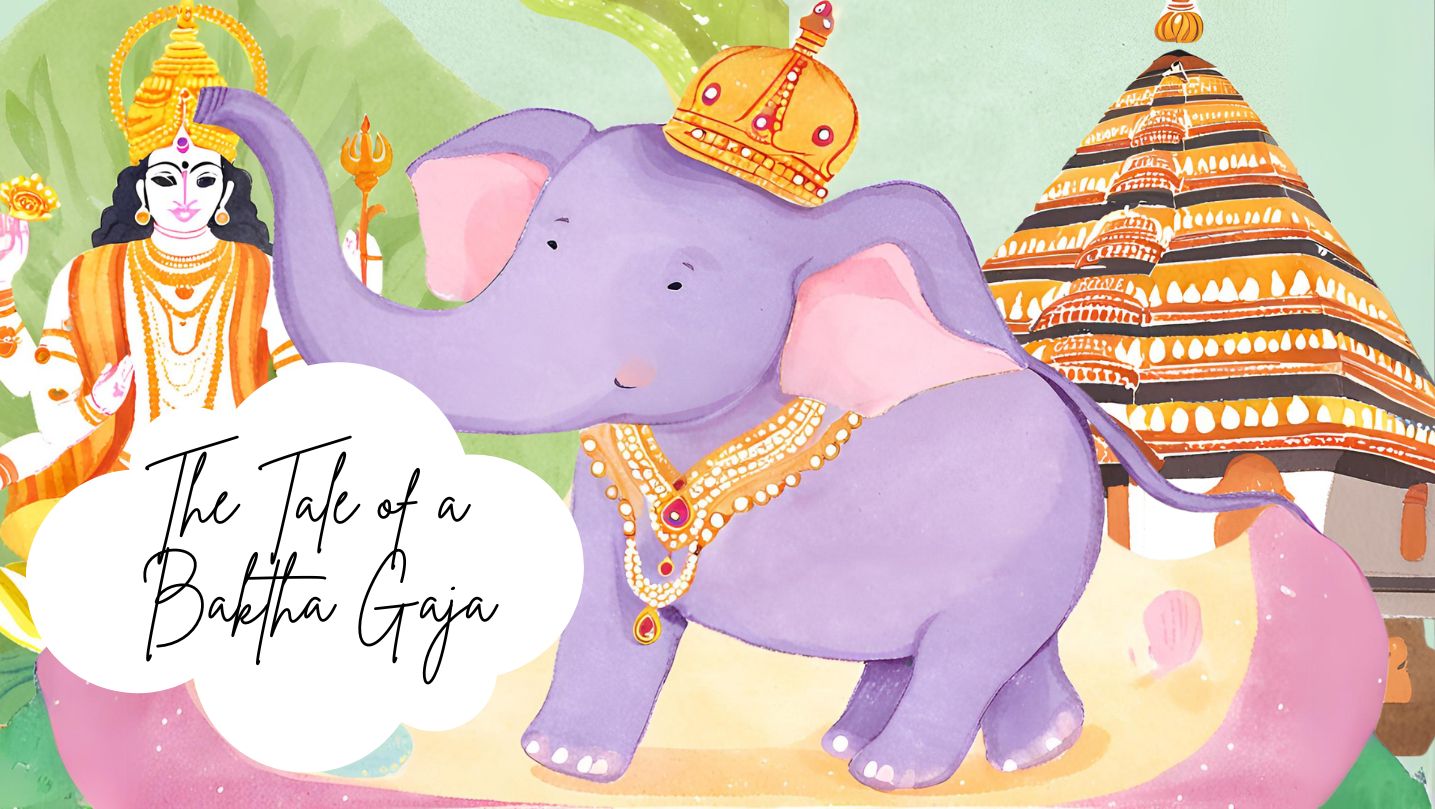
In the lush, green heart of Kerala lived an elephant who became a living legend - a tale of an elephant turned into a bakth. His name was Keshavan, bu...
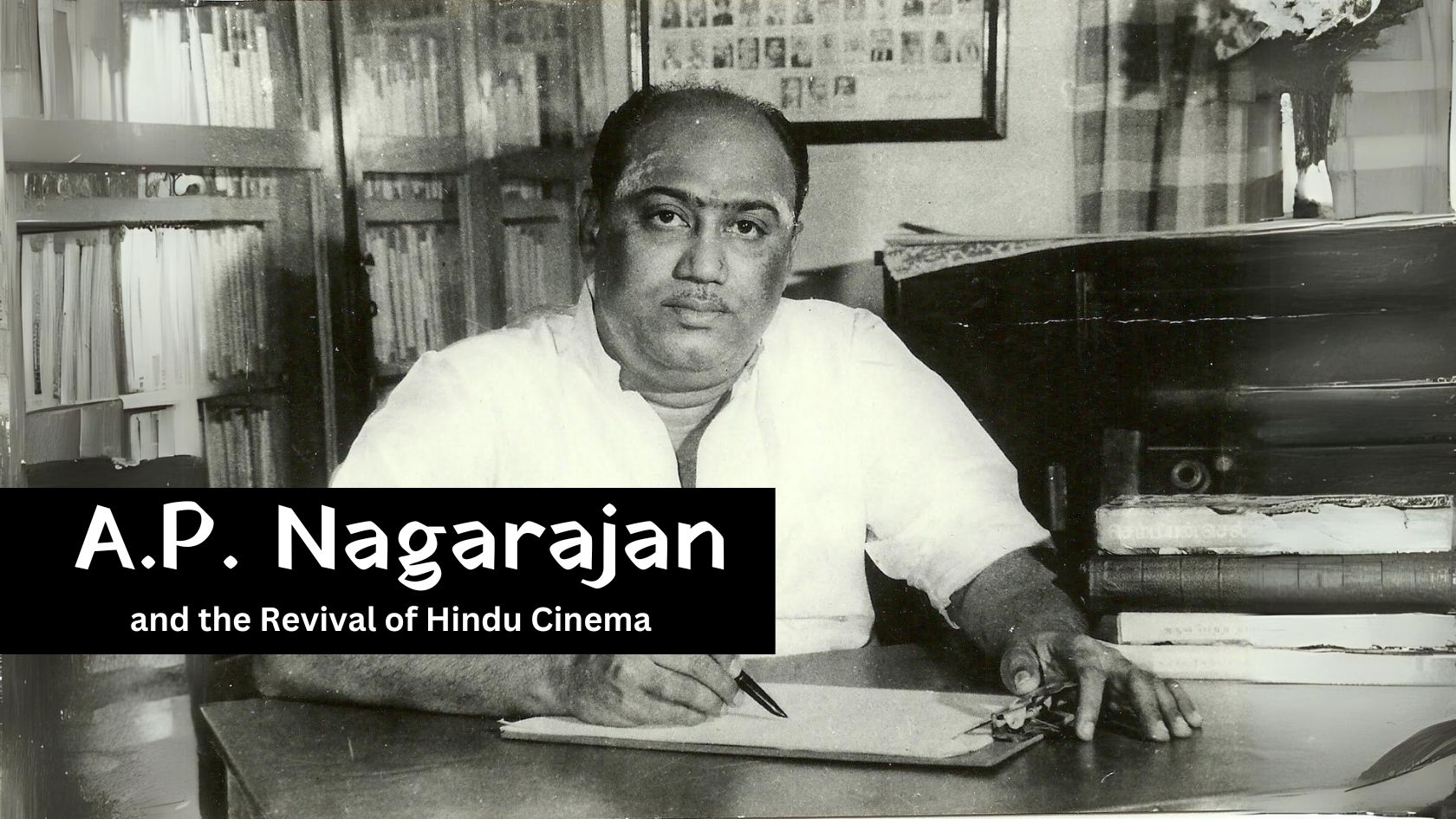
In the early days of cinema, both silent and talkie films thrived on puranas and ithihasas. However, as the years passed, especially by the late 1950s...
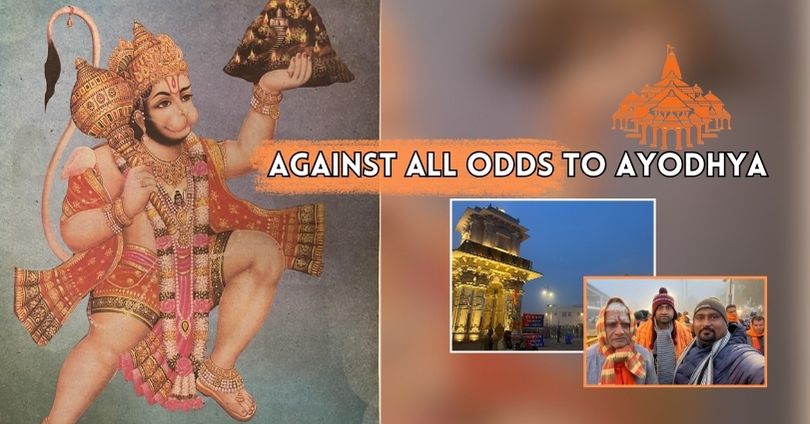
Life often presents us with choices that test our resolve, faith, and priorities. Attending the Prana Pratishtha of the Ram Lalla in Ayodhya had alway...